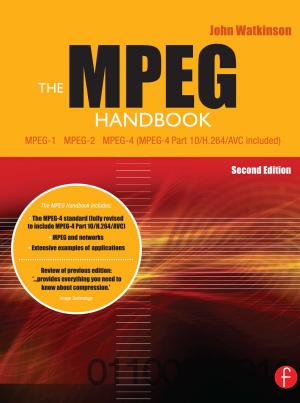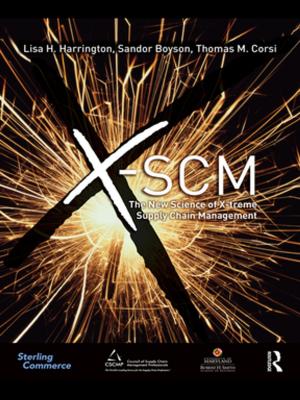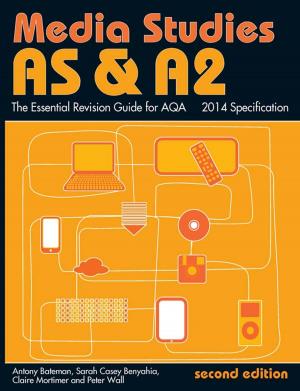| Author: | Kathryn Riley | ISBN: | 9781135713669 |
| Publisher: | Taylor and Francis | Publication: | September 2, 2003 |
| Imprint: | Routledge | Language: | English |
| Author: | Kathryn Riley |
| ISBN: | 9781135713669 |
| Publisher: | Taylor and Francis |
| Publication: | September 2, 2003 |
| Imprint: | Routledge |
| Language: | English |
In the 1970s, two events in particular, the William Tyndale School and James Callaghan's Ruskin speech, generated extensive media coverage and political activity and became 'watersheds' along the path to political and educational reform. This has shaped the system of school and governments in the 1990s. This book revisits Tyndale and Ruskin and examines their legacy. Drawing on contemporary accounts of a number of key individuals who were involved in those watershed events, it recasts their stories in the light of current changes in education. The book explores the extent to which both these events shifted assumptions about education and provided the rationale for policy changes. It argues that fundamental questions need to be asked about the nature of the reform agenda and in particular, the balance of power. It also places the reform agenda within an international context.
In the 1970s, two events in particular, the William Tyndale School and James Callaghan's Ruskin speech, generated extensive media coverage and political activity and became 'watersheds' along the path to political and educational reform. This has shaped the system of school and governments in the 1990s. This book revisits Tyndale and Ruskin and examines their legacy. Drawing on contemporary accounts of a number of key individuals who were involved in those watershed events, it recasts their stories in the light of current changes in education. The book explores the extent to which both these events shifted assumptions about education and provided the rationale for policy changes. It argues that fundamental questions need to be asked about the nature of the reform agenda and in particular, the balance of power. It also places the reform agenda within an international context.















